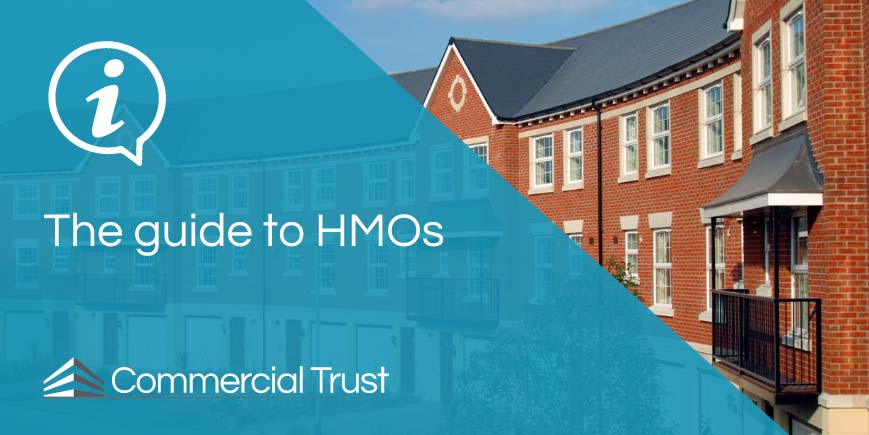This information should not be interpreted as financial, tax or legal advice. Mortgage and loan rates are subject to change.

Categories: hmo | guides | hmo mortgage guides
Whether you’re looking to release capital, secure a better rate, or switch to a more flexible product, remortgaging your HMO can be a smart financial move.
Remortgaging an HMO can be daunting with many complex issues to consider, but once you have a firm grasp on how to get through the process, it may become less intimidating.
Check your eligibility before remortgaging
If your property has been converted since your last mortgage on it and it now falls under the legal definition of an HMO (three or more tenants from more than one family unit, with shared facilities in the property), the local authority will set out licencing requirements you must meet.
These requirements will need to be in place, and you must have a license, before you can complete a remortgage on your HMO.
If it’s a standard property that is being used to home multiple tenants on one tenancy agreement, but could be reverted to a standard residential property and sold on as such; some lenders might remortgage your property on a standard buy to let product without you needing a specialist HMO mortgage.
Where you don’t need a specialist HMO mortgage, you might benefit from a lower mortgage interest rate and cheaper monthly mortgage payments.
Be sure that your HMO complies with local regulations to avoid any issues during the remortgage process.
Navigating stricter LTV ratios
HMO remortgages generally carry slightly stricter loan to value (LTV) ratios compared to remortgages on standard buy to let properties. But with a strong rental income and a well-maintained property, a great LTV can be achieved.
A standard buy to let might achieve an LTV of up to 80-85%, but an HMO tends to be capped at 75% LTV.
Lenders assess the rental income generated by your HMO to ensure it can comfortably cover mortgage payments.
Find your HMO’s true value
If you have increased the number of rooms in your property since you last mortgaged, and can therefore attract more tenants, this could increase the value of your property, thus reducing the LTV.
A professional valuation will help to determine the current market value and possibly lead to more favourable remortgage terms.
However, it’s worth bearing in mind that an increase in value will only be realised if you’re switching to a new lender.
This is because your existing lender will use the valuation they first conducted on your property during the remortgage process, so will not verify any change in the property value.
Plan your investment strategy
A well-planned investment strategy is key to getting the most out of your remortgage. If you’re looking to release capital, or refinance with different terms and conditions, ensure your mortgage product allows for your present needs.
A mortgage advisor can help you search through hundreds of deals to find a product that best fits your needs and circumstances.
How our broker team can help you
At Commercial Trust we keep clients up to date on changes in mortgage rates, this is particularly important if you are about to buy a property or remortgage.
If rates start going down, your mortgage advisor can monitor the market to find competitive deals.
If rates are going up, your mortgage advisor can get you a mortgage offer 3-6 months ahead of your renewal date, to protect you from more increases.
Whichever direction rates are moving, and whatever your position, have a chat with our advisors. They can talk to you about your circumstances, and how to remortgage your HMO.
Talk to one of our experts on live chat, call on our Freephone number above or submit an enquiry for a call-back.


